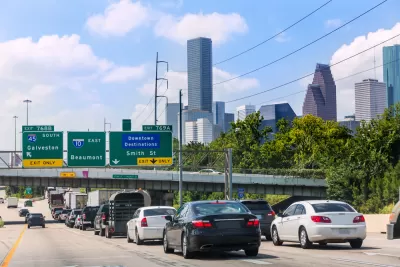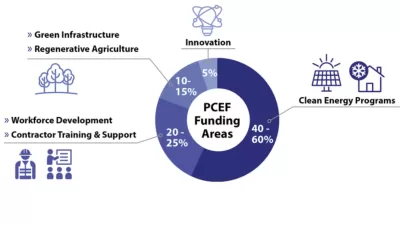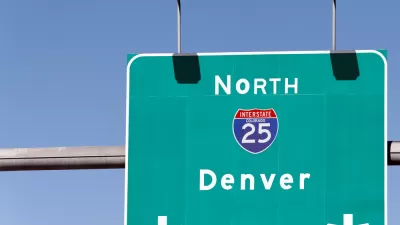Houston is an international city, with a diverse population and economy. Its equity indicators, however, are relatively average compared to other U.S. cities.

The city of Houston this week published the “One Complete Houston: Understanding Our Equity Challenges and Opportunities” report, the first to emerge from the city’s equity indicator study, launched in 2021.
According to an article by Dylan McGuinness for the Houston Chronicle, the study finds that opportunities depend on zip code, race, and sexual orientation in the city of Houston, placing the city squarely in the middle of the pack when it comes to equity. “Houston scored a 44.1 out of 100, landing in the middle of the pack among seven U.S. cities that have conducted the measure. Pittsburgh (55), New York City (48.52) and St. Louis (45.57) scored higher, while Tulsa (43.63), Dallas (39.8), and Oakland (33.5) scored lower,” reports McGuinness.
The report was created in partnership between the city, the Kinder Institute for Urban Research at Rice University, and Shell USA Inc. The report uses a methodology developed by the City University of New York to measure the varying levels of opportunity in a city. A total of 63 metrics contribute to the overall score. “Houston scored below a 20 out of 100 on 13 of them, and scored a 1 on eight of them, including residents without bank accounts, environmental penalties and mental health transports,” explains McGuinness.
FULL STORY: Houston is more equitable than Dallas but trails NYC, St. Louis, according to city's first ever report

Planetizen Federal Action Tracker
A weekly monitor of how Trump’s orders and actions are impacting planners and planning in America.

Map: Where Senate Republicans Want to Sell Your Public Lands
For public land advocates, the Senate Republicans’ proposal to sell millions of acres of public land in the West is “the biggest fight of their careers.”

Restaurant Patios Were a Pandemic Win — Why Were They so Hard to Keep?
Social distancing requirements and changes in travel patterns prompted cities to pilot new uses for street and sidewalk space. Then it got complicated.

Platform Pilsner: Vancouver Transit Agency Releases... a Beer?
TransLink will receive a portion of every sale of the four-pack.

Toronto Weighs Cheaper Transit, Parking Hikes for Major Events
Special event rates would take effect during large festivals, sports games and concerts to ‘discourage driving, manage congestion and free up space for transit.”

Berlin to Consider Car-Free Zone Larger Than Manhattan
The area bound by the 22-mile Ringbahn would still allow 12 uses of a private automobile per year per person, and several other exemptions.
Urban Design for Planners 1: Software Tools
This six-course series explores essential urban design concepts using open source software and equips planners with the tools they need to participate fully in the urban design process.
Planning for Universal Design
Learn the tools for implementing Universal Design in planning regulations.
Heyer Gruel & Associates PA
JM Goldson LLC
Custer County Colorado
City of Camden Redevelopment Agency
City of Astoria
Transportation Research & Education Center (TREC) at Portland State University
Camden Redevelopment Agency
City of Claremont
Municipality of Princeton (NJ)





























